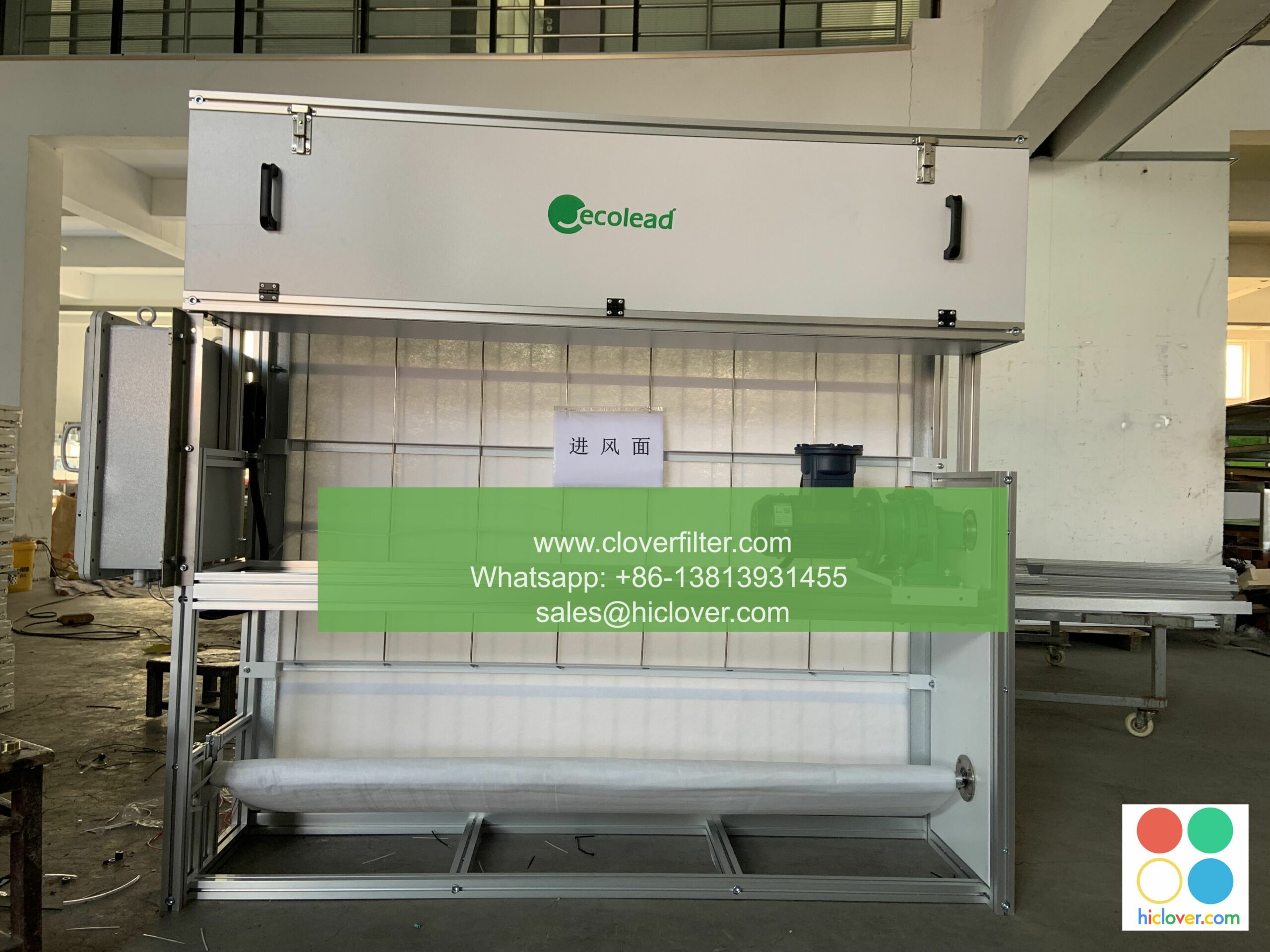The Impact of Air Filter Systems on Indoor Air Quality

The Impact of Air Filter Systems on Indoor Air Quality: How to Breathe Easy
Indoor air pollution is a silent killer, affecting millions of people worldwide. The World Health Organization (WHO) estimates that nine out of ten people spend more time indoors, making it crucial to ensure good indoor air quality. In this article, we’ll explore the impact of air filter systems on indoor air quality and highlight various application areas where they’re making a significant difference.
The Problem: Indoor Air Pollution
Indoor air pollution is a significant concern due to the presence of pollutants such as:
- Dust particles
- Allergens like pollen, pet dander, and dust mites
- Chemicals from building materials, furniture, and household products
- VOCs (Volatile Organic Compounds) from paints, adhesives, and cleaning products
- Residential homes: High-Efficiency Particulate Air (HEPA) filters are ideal for households, removing 99.97% of particles as small as 0.3 microns.
- Commercial offices: Activated Carbon filters can eliminate odors and gaseous pollutants, while Gas & Particle filters remove particulate matter and gases.
- Industrial facilities: Industrial-grade filters can capture larger particles, gases, and odors, ensuring a safe work environment.
- Hospitals and healthcare: HEPA filters and UV light technology can reduce germ transmission and minimize the onset of Hospital-Acquired Infections (HAIs).
- Filter Technology: Look for filters with high efficiency, such as HEPA, Activated Carbon, and UV light technology.
- Capture Rate: Ensure the filter can capture pollutants as small as 0.3 microns (HEPA) or 0.1 microns (activated carbon).
- Filter Life: Consider filters with long lifespans (6-12 months) to minimize replacement costs.
- Maintenance: Choose filters with easy maintenance, such as washable pre-filters and straightforward replacement procedures.
- Improved Indoor Air Quality: Remove pollutants, particles, and odors, creating a fresher, healthier environment.
- Reduced Health Risks: Minimize the risk of respiratory issues, allergies, and other health problems.
- Increased Productivity: A better indoor air quality can boost cognitive function, reduced absenteeism, and improved employee satisfaction.
- Cost Savings: Energy-efficient filters can reduce energy bills and maintenance costs.
These pollutants can lead to respiratory issues, headaches, and other health problems, especially for vulnerable populations like children, the elderly, and those with pre-existing medical conditions.
The Solution: Air Filter Systems
Air filter systems are designed to remove pollutants from the air, improving indoor air quality and creating a healthier environment. These systems can be installed in various settings, including:
Key Features to Consider
Benefits: Clean Air, Healthy Life
By installing air filter systems, you can enjoy numerous benefits:
Conclusion
Indoor air pollution is a serious issue, but air filter systems can be a game-changer. By implementing effective air filter systems, you can create a healthier, more productive environment. Consider your specific needs and choose a filter system that suits your application area. Breathe easy and enjoy the many benefits of a clean, healthy, and productive indoor air quality.
It seems you’d like me to provide a prompt! What kind of prompt are you looking for? Would you like a creative prompt, a conversation starter, or perhaps a reflective prompt to help you brainstorm or generate ideas?


